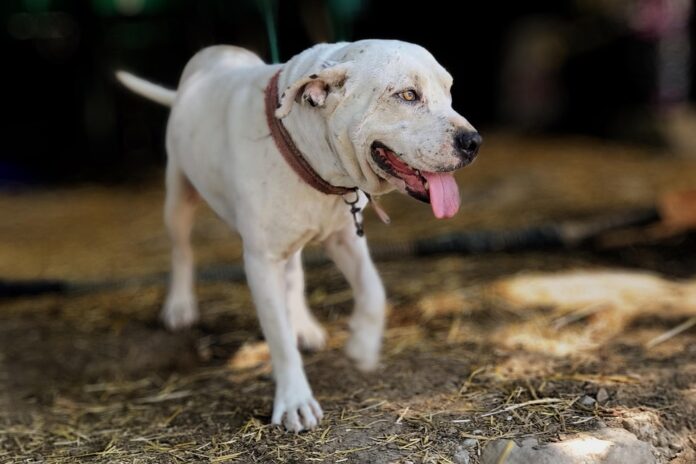The Difference Between Guinea Pig, Rabbit, Hamster, and Chinchilla Diets
When it comes to caring for small pets like guinea pigs, rabbits, hamsters, and chinchillas, understanding their dietary needs is crucial for their health and well-being. Each of these animals has unique dietary requirements that must be met to ensure they are getting the proper nutrients. In this report, we will explore the differences between the diets of guinea pigs, rabbits, hamsters, and chinchillas.
Guinea Pig Diet
Guinea pigs are herbivores, which means they primarily eat plant-based foods. Their diet should consist of a variety of fresh vegetables, fruits, hay, and pellets specifically formulated for guinea pigs. Guinea pigs require a high amount of Vitamin C in their diet, as they are unable to produce it on their own. Some common vegetables that are safe for guinea pigs to eat include bell peppers, carrots, and leafy greens like kale and spinach. It is important to avoid feeding guinea pigs foods that are high in sugar or fat, as this can lead to health issues.
Rabbit Diet
Rabbits are also herbivores and have a similar diet to guinea pigs. They need a diet that is high in fiber to keep their digestive system healthy. Rabbits should have a constant supply of hay, as well as fresh vegetables and a small amount of pellets. Some safe vegetables for rabbits include broccoli, celery, and cilantro. It is important to monitor the amount of pellets given to rabbits, as they can be high in calories and lead to obesity if overfed.
Hamster Diet
Hamsters are omnivores, which means they can eat both plant and animal-based foods. In the wild, hamsters eat a diet of seeds, grains, insects, and fruits. In captivity, hamsters should be fed a diet that consists of hamster pellets, fresh vegetables, and occasional treats like mealworms or small pieces of fruit. It is important to avoid feeding hamsters foods that are high in sugar or fat, as this can lead to obesity and other health problems.
Chinchilla Diet
Chinchillas are herbivores and have a diet that is similar to guinea pigs and rabbits. They require a diet that is high in fiber to keep their digestive system healthy. Chinchillas should have a constant supply of hay, as well as fresh vegetables and a small amount of chinchilla pellets. Some safe vegetables for chinchillas include zucchini, squash, and carrots. It is important to avoid feeding chinchillas foods that are high in sugar or fat, as this can lead to health issues.
In conclusion, while guinea pigs, rabbits, hamsters, and chinchillas all have different dietary requirements, they all need a diet that is high in fiber and provides them with the essential nutrients they need to stay healthy. By understanding the specific dietary needs of each of these small pets, you can ensure that they are receiving the proper nutrition to thrive. Remember to always consult with a veterinarian or exotic animal specialist if you have any questions or concerns about your pet’s diet.




